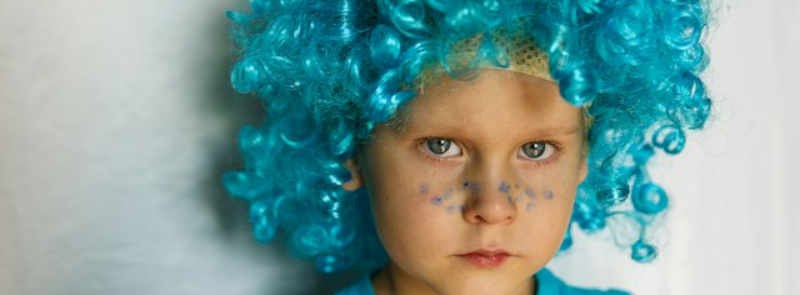
When It Occurs
Every March 10th
Timeline
Days Passed (1080)
# Hashtags
#InternationalWigDay #SelfExpression
International Wig Day is an annual event celebrated on March 10th. Perhaps you recall the fun-filled costume competitions of your past, where donning a particular wig transformed you into someone else entirely. This playful dressing-up experience is a source of joy for children, and the excitement is palpable. Why not continue to embrace the same sense of enjoyment and fun even as an adult? The prospect sounds appealing, doesn't it? However, some individuals are keen on experimenting with diverse hairstyles, a desire that may be hindered by various factors, such as hair loss due to medical treatments. Fortunately, for those seeking a change in their appearance, wigs offer a viable alternative.
History: The origins of International Wig Day are not well-documented, but it is a day embraced by various communities, including those involved in fashion, theater, and individuals experiencing hair loss due to medical conditions such as cancer or alopecia. The day aims to destigmatize the use of wigs and celebrate their role in self-expression and transformation.
Objectives:
- Raise Awareness: Increase public understanding of the diverse reasons people wear wigs.
- Celebrate Creativity: Recognize the artistic and creative aspects of wig design and use.
- Support Individuals: Show support for those who wear wigs due to medical conditions.
- Promote Acceptance: Foster a culture of acceptance and reduce stigma associated with wearing wigs.
Significance:
- Fashion and Beauty: Wigs play a significant role in the fashion and beauty industry, allowing for versatile looks and styles.
- Theater and Performance: Wigs are essential in theater, film, and television for character portrayal and historical accuracy.
- Medical Uses: Wigs provide confidence and a sense of normalcy for individuals undergoing medical treatments that result in hair loss.
- Cultural and Historical Importance: Wigs have been used throughout history in various cultures for ceremonial, religious, and social purposes.
Ways to Celebrate:
- Wear a Wig: Embrace the spirit of the day by wearing a wig and experimenting with different styles and colors.
- Host a Wig Party: Organize a wig-themed party where attendees wear their favorite wigs and celebrate creativity and fun.
- Share Stories: Use social media to share personal stories about the impact of wigs in your life or others' lives using hashtags like #InternationalWigDay.
- Donate Wigs: Contribute to organizations that provide wigs to individuals undergoing medical treatments.
- Learn Wig Styling: Take a class or watch tutorials on wig styling and care to better understand the artistry involved.
Organizations and Support Groups:
- Locks of Love: A non-profit organization that provides hairpieces to financially disadvantaged children suffering from long-term medical hair loss.
- The Little Princess Trust: A UK-based charity that supplies free wigs to children who have lost their hair due to cancer treatments or other conditions.
- American Cancer Society Wig Bank: Provides free wigs to cancer patients in need through local wig banks.
Benefits of Wearing Wigs:
- Versatility: Wigs offer the ability to change hairstyles frequently without damaging natural hair.
- Confidence Boost: Wearing a wig can enhance self-esteem and confidence, especially for those experiencing hair loss.
- Convenience: Wigs provide a quick solution for bad hair days or when there is no time for styling.
- Protection: Wearing wigs can protect natural hair from damage caused by styling tools and environmental factors.
Conclusion: International Wig Day is a celebration of the versatility, creativity, and empowerment that wigs provide. Whether for fashion, performance, or personal reasons, wigs play a significant role in many people's lives. By celebrating this day, we can appreciate the artistry involved in wig making, support those who wear wigs for medical reasons, and promote a culture of acceptance and self-expression.


